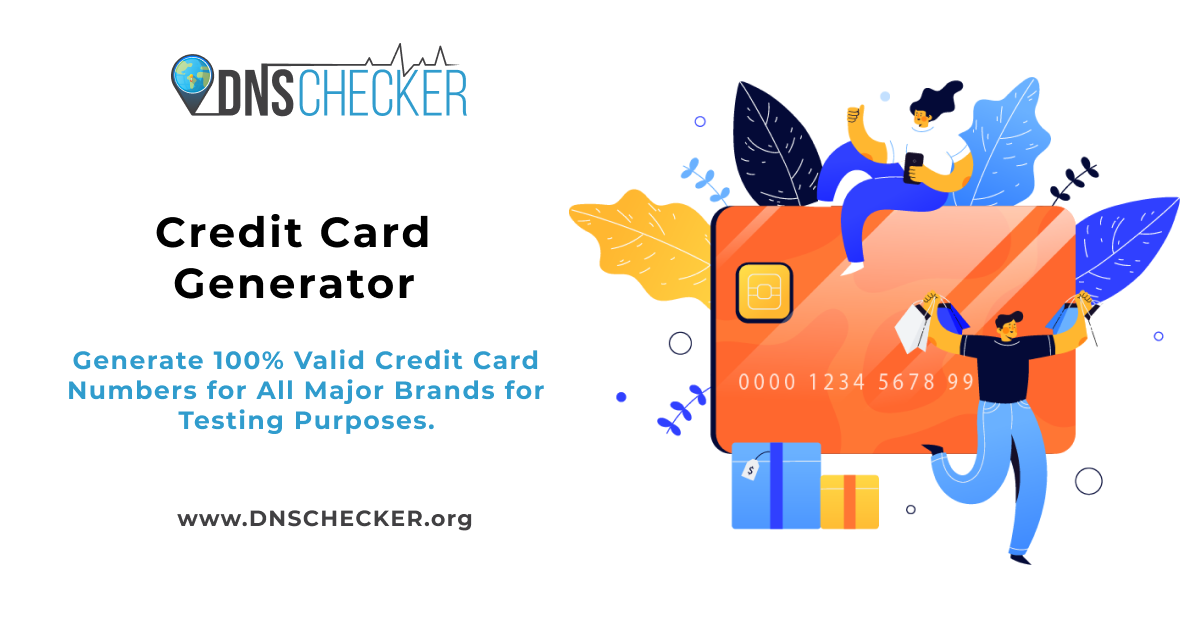Handy News To Picking Credit Card Apps
Wiki Article
What Constitutes Suspicious Behaviour And How Can It Lead To The Blacklisting Of Credit Cards?
Certain actions or behaviors could raise red flags, which could result in your credit card being flagged by the credit card issuer or financial institution. A few examples of suspicious behavior are: Buying Patterns
An abrupt increase in money spent or an abrupt change from the usual behavior of a cardholder could make one suspect.
Unrecognized Transactions
Fraud could be indicated through transactions that are unidentified or not authorized on the statement of the card the cardholder is not able to initiate or approved.
Multiple declined transactions
If you've had a track record of positive transactions, but the cardholder is experiencing multiple declined or failed transaction in a short amount of time, this could indicate that there's a problem.
Geographic Anomalies
Transactions from locations significantly distant from the usual spending areas or multiple transactions from various geographical locations within a brief time frame can be a cause for suspicion.
Abnormal Purchase Types
Suspicious purchases can be identified, especially for costly items that are not in line with the spending habits of the cardholder.
Uncommon Online Behavior
Unusual online behavior, including several failed login attempts or a change in your the information on your account, or suspicious login attempts, could indicate an intrusion that is not authorized.
Card use that isn't common
Any instances where the credit or debit card is used in a different manner than the normal way of use, for instance, suddenly using it for international transactions, despite the previous used only locally, could be a sign of fraud.
Sudden Cash Advances & Transfers
Cardholders could receive alerts for cash transfers or advances that are outside of their normal spending practices.
Frequent transactions that require a credit card
An increase in transactions made using a card that is not present (online or over the phone) without any previous background could signal an indication of fraud.
Issues with Identity Verification
There could be suspicion if there is a problem in verifying the identity of the cardholder, particularly if additional verifications are required.
These actions could trigger fraud detection systems and monitoring mechanisms at the issuer of the card, leading them to investigate, block the card temporarily, or check the legitimacy of transactions.

What Does A Credit Card Being Blacklisted Mean?
Being placed on a blacklist could hinder a card's usage or transactions until the issue is solved. The reasons for a card being added to a blacklist can vary and might include-
Suspected fraud- Unusual or suspect transactions on the card could trigger fraud detection systems which could lead to blockage of the card.
Security Issues If there's any sign of a compromise such as unauthorised access, data leak involving card details or unusual spending patterns the card could be tagged.
Issues with Identity Verification. If there's a problem in verifying a cardholder's ID in transactions (especially when additional verifications are required) it is possible that the card will be temporarily blocked.
Card stolen or lost If a card has been declared lost or stolen, the issuer may place a block to prevent unauthorised use of the card until replacement is issued.
Suspicious Signs: Any behavior or act that is that is associated with the credit card that creates an suspicion, such as several declined transactions (or geographical anomalies), unusual spending patterns or geographical locations that are not typical, can trigger the blocking.
When a credit card is placed on a list which is a list, it can limit the cardholder’s access to the card or its ability to conduct transactions until the company that issued the credit card confirms its legitimacy or addresses any concerns about the possibility of fraud or security risks. To fix the problem and verify any transactions, it's important that the cardholder contacts the issuer as soon as is possible.

What Are The Requirements For An Individual To Be Able To Put The Credit Card Number In A List Application?
Authorized professionals in financial institutions, law-enforcement agencies, and cybersecurity firms are typically responsible for confirming credit card numbers or checking the legitimacy of credit cards. They are Fraud Analysts- Individuals who are trained by financial institutions to identify and examine fraudulent transactions involving credit cards. These professionals use specialized tools and programs to spot patterns, anomalies and possibly stolen credit card information.
Cybersecurity Experts - These are professionals who have a specific interest in cybersecurity. This involves tracking and identifying cyberattacks, as well as damaged credit cards. They protect against data breaches, examine data for signs that it's been hacked and take security measures.
Specialized groups within law enforcement agencies or those who are able to investigate financial crimes including fraud with credit cards. They have the resources and databases required to monitor fraudulent activity.
Compliance officers are experts who make sure that banks and financial institutions adhere to the regulations and laws that govern financial transactions. They are also responsible for overseeing the processes to identify suspicious activity that involves credit card.
Access to databases containing credit card blacklists as well as the authority to verify credit card numbers against lists are strictly controlled and require legal authorization, such as being a part of an official investigation into financial crimes or being granted specific permissions by authorized organizations.
The team of experts utilize specific software, protocols, and legal procedures to verify credit card details against blacklists and adhere to the strictest privacy and security rules. To ensure that your credit card data is not compromised, you should always trust reputable experts and institutions. Unauthorized attempts to access or use blacklists for credit cards can lead to legal consequences. See the top rated savastan0 cvv for blog advice.
